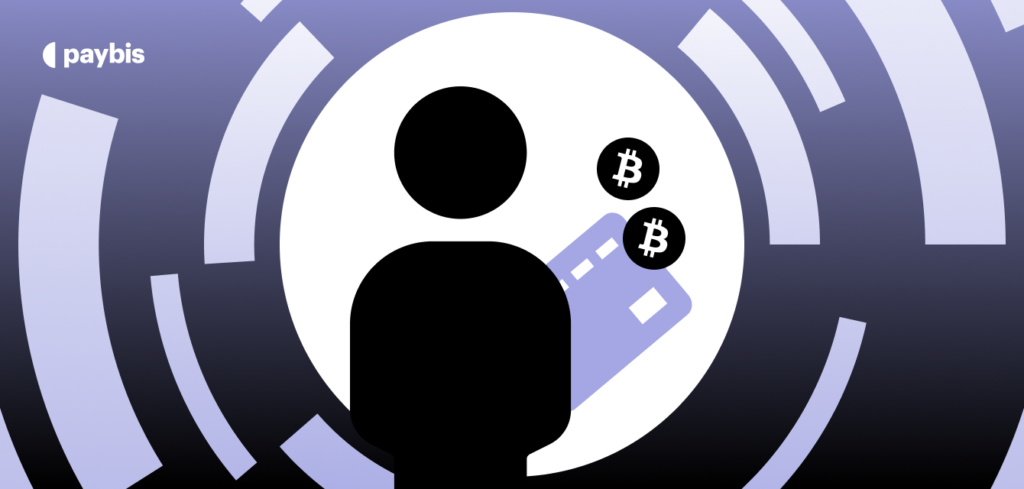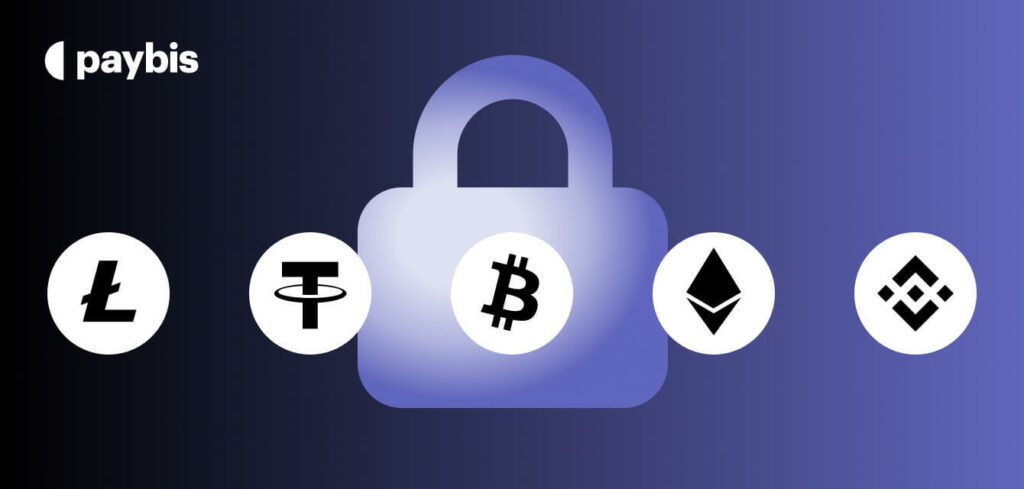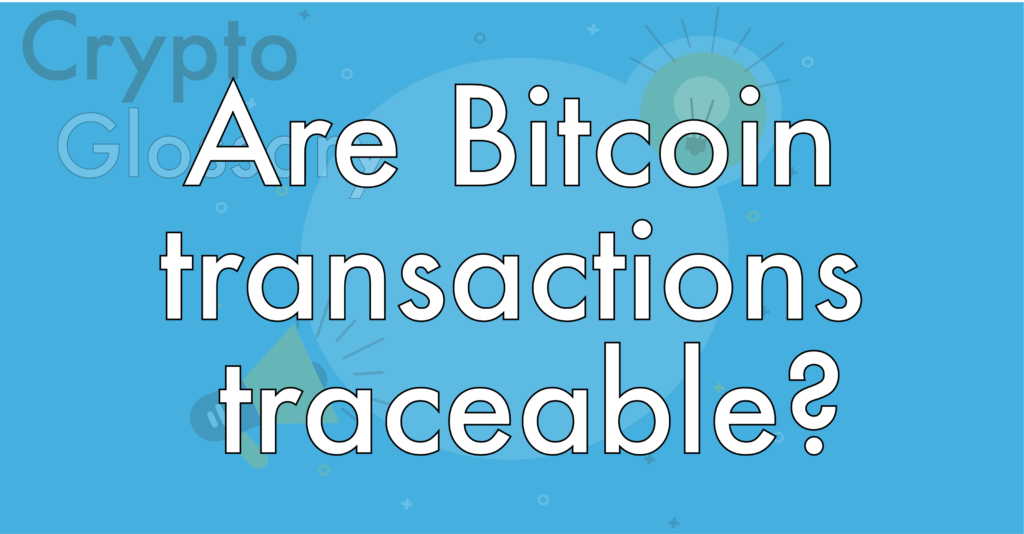Transaction Fee
Transaction fees are the costs you have to pay when you send coins from one wallet to another in a blockchain network.
Every time you send your Bitcoin, you pay a transaction fee. People often don’t understand what exactly these fees are, but they are a vital aspect that every user should grasp. Crypto fees ensure the smooth functioning of blockchain networks and reward the participants who validate and secure transactions. Today we will build a solid understanding of the different types of fees, how to calculate them, and where these fees go.
What is a transaction fee in the context of cryptocurrencies?
Transaction fees are the costs you have to pay when you send coins from one wallet to another in a blockchain network. They serve multiple purposes, and can vary depending on factors such as network congestion, transaction size, and the chosen fee level. They are typically paid in the cryptocurrency being transacted.
Who receives these crypto fees?
This fee is paid either to the miners of the network, when it comes to PoW coins, or to validators of your transaction, in case your coins are PoS. It is better to refer to the explanation of these acronyms to get a better understanding of how rewards work based on the delivery of fees.
Therefore, in the case of Bitcoin for example, transactions provide rewards for miners in the form of transaction fees and block rewards. In each validated block, miners receive all the transaction fees from the included transactions, along with a block reward of newly minted coins. As of 2021, the block reward is 6.25 bitcoins. However, this reward is subject to halving approximately every 210,000 blocks. The next halving event is expected to take place in 2024, reducing the block reward to 3.125 bitcoins.
This process ensures the controlled issuance of new bitcoins and the gradual transition from block rewards to transaction fees as the main incentive for miners, as well as the integrity and security of the network.
How do transaction fees work when sending Bitcoin?
Your Bitcoin transaction contains the fees you pay so that miners can process and validate them in the Bitcoin network. Currently, within the Bitcoin network, 1 MB is the transaction space in each block.
That being said, the Bitcoin transaction fee is set at:
- Next block fee: $0.21
- 3 blocks fee: $0.17
- 6 blocks fee: $0.04
Transaction fees operate differently depending on the type of blockchain. In the case of cryptocurrency-like blockchains such as Bitcoin, transaction fees primarily stem from adding data to the blockchain. However, blockchains with general smart contract functionality, like Ethereum, consider both adding data and computational effort.
On Ethereum, transactions are measured in ‘gas’ and the amount of gas consumed depends on the complexity of the transaction. For instance, a simple ETH transfer may consume 20,000 gas units, while more intricate transactions involving multiple smart contracts could consume 100,000 units or more.
What are the current transaction fees for the Bitcoin Network?
If you want to learn more about the average crypto fees for the Bitcoin network (i.e. how much you need to pay to send a certain amount of Bitcoin), check this website.
Bitcoinfees will indicate the fees you are expected to pay anywhere in the next 1,3 or 6 transaction blocks (1, 3 or 6 confirmations). On average, each block is solved within 10 minutes, which means that, depending on the fees you pay, the receiving party will receive their BTC within 10, 30 or 60 minutes.
How to calculate crypto transaction fees?
The method for calculating cryptocurrency transaction fees varies depending on the cryptocurrency, and there is generally no standard method. Each cryptocurrency has its own fee structure, which can be adjusted by projects at any time. For Ethereum, the largest smart contract blockchain, calculating gas fees involves the formula: Gas limit * (base fee + optional tip) = Gas fee.
The gas limit represents the maximum amount of gas used in a transaction, measured in units. The base fee is the minimum ETH amount required for a transaction, measured in gwei. The base fee fluctuates based on network activity, so you will need to know how to calculate crypto transaction fee.
Crypto wallets like MetaMask also show quoted gas fees, making calculations easier. You can also use the Paybis wallet, which offers transparent Paybis fees structure and user-friendly crypto buying and selling experience, offering the best crypto wallet transaction fees.
Why is my transaction still pending, after a long time?
If your transaction is not processed yet, you might find that it is pending or unconfirmed in the network. The longer it takes for the transaction to complete, the busier the Bitcoin network is likely to be. Additionally, the amount of fees you choose to pay will also affect the speed of deliverability.
If these two are not the case, make sure you double-check the receiving wallet. Several platforms do not allow users to send their funds to Segwit wallets, and your wallet may be just that.
How to lower crypto transaction fees?
To minimize crypto transaction fees and make transactions faster, there are several strategies you can employ.
- Firstly, timing your transactions can be crucial, as peak usage times often coincide with higher fees. Avoiding these busy periods can help reduce fees.
- Additionally, one might consider alternative coins like Bitcoin Cash and Litecoin and similar, which offer cheaper and faster transactions compared to Bitcoin and Ethereum. Exploring Ethereum alternatives such as Solana, Cardano, Binance Smart Chain, Polkadot, Avalanche, and Algorand may also provide lower fees than Bitcoin network fees.
- Another option is utilizing off-chain protocols like the Bitcoin Lightning Network, which enables faster and cheaper payments by creating direct payment channels.
- Another effective method for lowering fees is choosing a service provider that offers attractive conditions. With Paybis, you can minimize exchange fees, optimize costs, and enjoy maximum transparency – there will be no hidden fees, all of them are displayed right next to your transaction.
If you use a cryptocurrency exchange, exchange fees are usually set
When sending Bitcoin or other cryptocurrencies through exchange platforms, the fees are usually set to a certain amount. This is because the platform also makes a small commission from your activities. Therefore, it might be smart sending from a wallet to another, avoiding exchange-based wallets.
What if a transaction gets rejected by the network?
Outgoing Bitcoin transactions will eventually result in either a confirmation or a rejection by the network.
If your transaction is rejected, the funds will reappear in your wallet within 1 to 7 days. In other words, if you accidentally send Bitcoin to an invalid Bitcoin wallet, or if the fees you choose to pay are minimal, you will not lose your funds. You will also not pay Bitcoin transaction fee.
On the other hand, and this is more common than you might think, people also send funds accidentally to a valid address. If this happens, you will lose all the funds you sent and there will be no way of redeeming them.
If your transaction is confirmed, it means that the party you sent the funds to has received your BTC and is now in control of it. it also means that the fees you paid to confirm the transaction is now in control of the miner who validated your transaction. When a transaction is confirmed there is no need to take any further action.
Why are there Bitcoin transaction fees?
There are many reasons that make blockchain fees necessary in the Bitcoin network. Make sure you watch the video below to get a better understanding.
And that’s all! We hope you enjoyed our article that explains in detail what a transaction fee is and how it correlates to the Bitcoin network. If you still have unanswered questions, make sure you leave a comment and we will come back to you as soon as possible.
FAQ
Are there cryptocurrencies with zero transaction fees?
While most cryptocurrencies do have transaction fees, there are some exceptions. For example, IOTA is a cryptocurrency that offers feeless transactions. Its unique architecture allows for fast and secure transactions without the need for traditional fees.
How can I minimize crypto trading fees?
You can minimize crypto trading fees in a number of ways, but we recommend doing it using trusted service providers like Paybis. We ensure maximum security and transparency, so what you see is what you get.
Does crypto have hidden fees?
Cryptocurrencies themselves do not have hidden fees, but it’s important to consider the fees associated with using crypto services such as exchanges, wallets, or payment processors. These platforms may have fees for transactions, withdrawals, or account maintenance. Always review the fee structure of the specific platform or service you are using to understand any potential charges.
Disclaimer: Don’t invest unless you’re prepared to lose all the money you invest. This is a high‑risk investment and you should not expect to be protected if something goes wrong. Take 2 mins to learn more at: https://go.payb.is/FCA-Info


